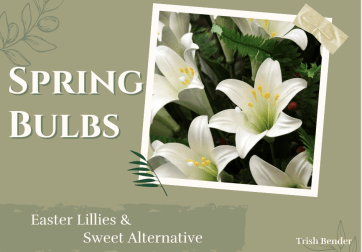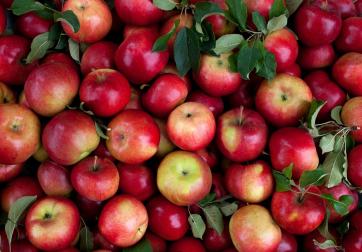I have planted tulips, crocus, and other spring-flowering bulbs. Some bulbs like daffodils appeared in a yellow profusion that was breathtaking. Others were very disappointing with either a few flowers or none at all. Did I not plant them deep enough, or was the hole too shallow? So, the following year, I was very methodical in measuring my tulip hole with a ruler. Was success in the spring wind? No! I did notice tunnels weaving through my flower beds. Ahh! A mole is eating my bulbs!
Further investigation indicated that moles are carnivores, and they could care less about my bulbs. Voles, on-the-other-hand, are herbivores, which means they eat roots and shoots. Tulips are a tasty treat for them. Squirrels, those devilish furry imps, are classified as an omnivore but mainly eat nuts and, you got it, bulbs.
What to do? What to do? One could kill these creatures, but voles are too cunning, and squirrels are, well, they are just too cute. I love being entertained by their antics on the bird feeders and in the trees. I have to admit I feed them corn. It would be most wonderful if the squirrels and I could sign a binding treaty. I would feed them corn, and they could leave my tulips alone. Unfortunately, they are not stupid; they already get corn, and I have nothing else to give! So, I must learn to live with no tulips or learn to outsmart them.
Squirrels love a challenge. The plan is to plant tulip bulbs deep, at least three times the size of the tulip bulb, making sure all bulb casings and debris are removed from the site. Lay chicken wire over the bulbs that will extend three feet beyond the bed and stake. Add soil to cover the wire. After the first freeze, cover with mulch. Another possibility is to interplant tulip bulbs with Fritillaria ‘Crown Imperials’. Squirrels detest the smell of Fritillaria bulbs! We will see what next year brings.
Another approach is to plant flowering bulbs that are not gastronomically appealing to squirrels and voles, such as Alliums, Anemone, Arum, Camassia, Narcissus, Fritillaria, Galanthus, Leucojum, Muscari, Scilla, Chionodoxa (glory of the snow), Hyacinthus, Convallaria majalis (lily of the valley), Ipheian, Galanthus (snowdrops), Hyacinthoides hispanica (Spanish bluebells). This is my I give up; you win; other bulbs are just as pretty as tulips; best approach!
National Garden Clubs, Inc. is a 501(c)(3) organization that aims to promote the love of gardening, floral design, and civic and environmental responsibility. There is a local club near you, click here to find one and join. Subscribe to the NGC’s blog by entering your e-mail here. You will receive an e-mail when there is a new blog article on the NGC website. You do not have to be an NGC member to subscribe.
8 Comments
Master FS Judge
Great information. Thanks for sharing.
Plantation Lakes Garden Club, Delaware
A rare and perfect combination of informative and entertaining! I learned solutions to issues that I didn’t know are problems and found myself smiling at the description of creatures that feast on bulbs.
None
The deer eat our tulips here in Bradford County, PA. They never touch daffodils, etc.
Voles Bulbs& Endurance
Thank you for an excellent article! Concise and listing all in one page!!
I have lived in this area of Vole- Heaven for 20 years. It is their heaven for eating! Have tried all sorts of deterrents. Only the plantings lusted work but it took me years to have your provided lust!! Join NGC
Carnivores
Moles are carnivores (meat eating), not herbivores (plant eating). Moles eat the insects around your plant but not your plants. My moles and I have agreed to coexist since I cannot beat them at this game!
Gardener
Please update the blog on voles and moles as a lot of people are confused about these two rodents and how they can damage a garden. Voles are herbivores, and they only eat plants. Moles are carnivorous so they are hunting for insects, grubs, or worms.
NGC Blog Admin
Thank you for noticing the difference between a mole and a vole. We have corrected the article.
New home-North Carolina
Maybe this is good news for us. So far we have only seen two squirrels on our property. Great article

 Board Member Login
Board Member Login Our Store
Our Store Blog
Blog





